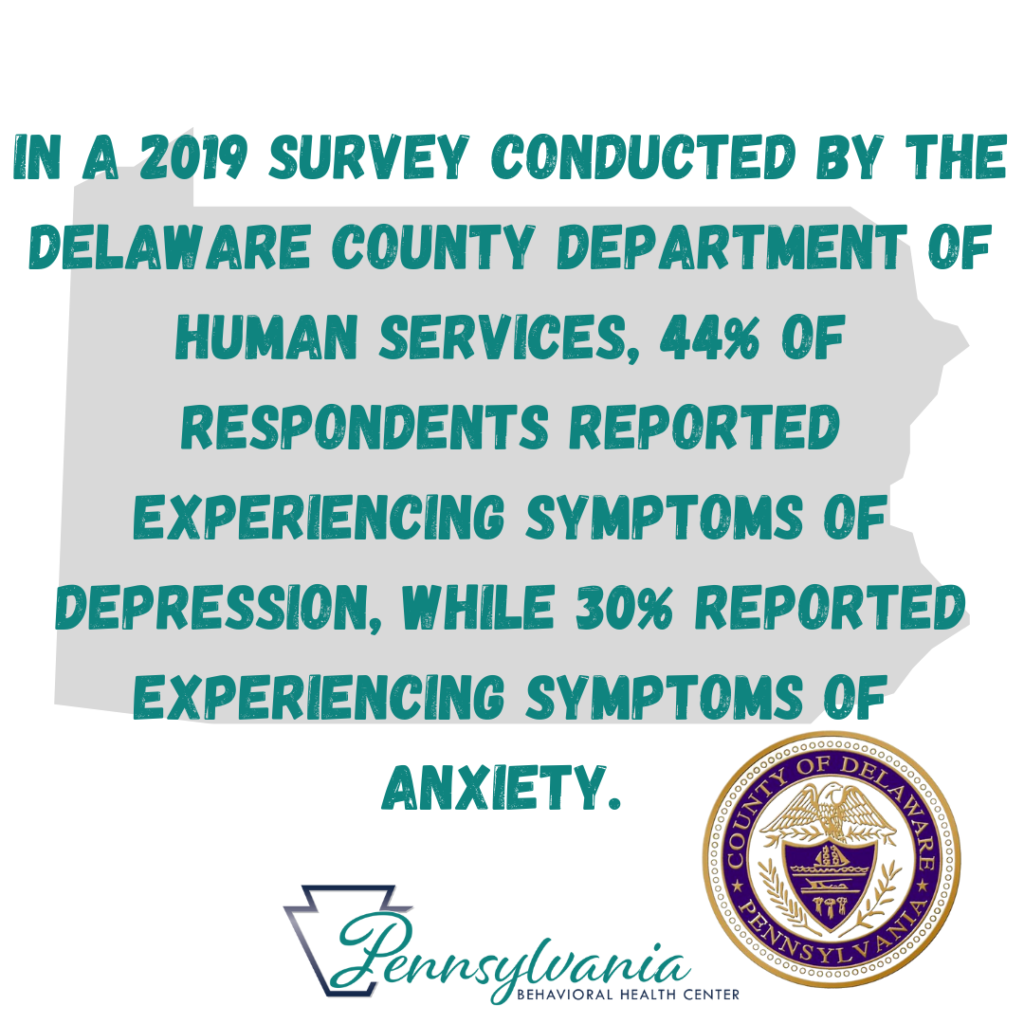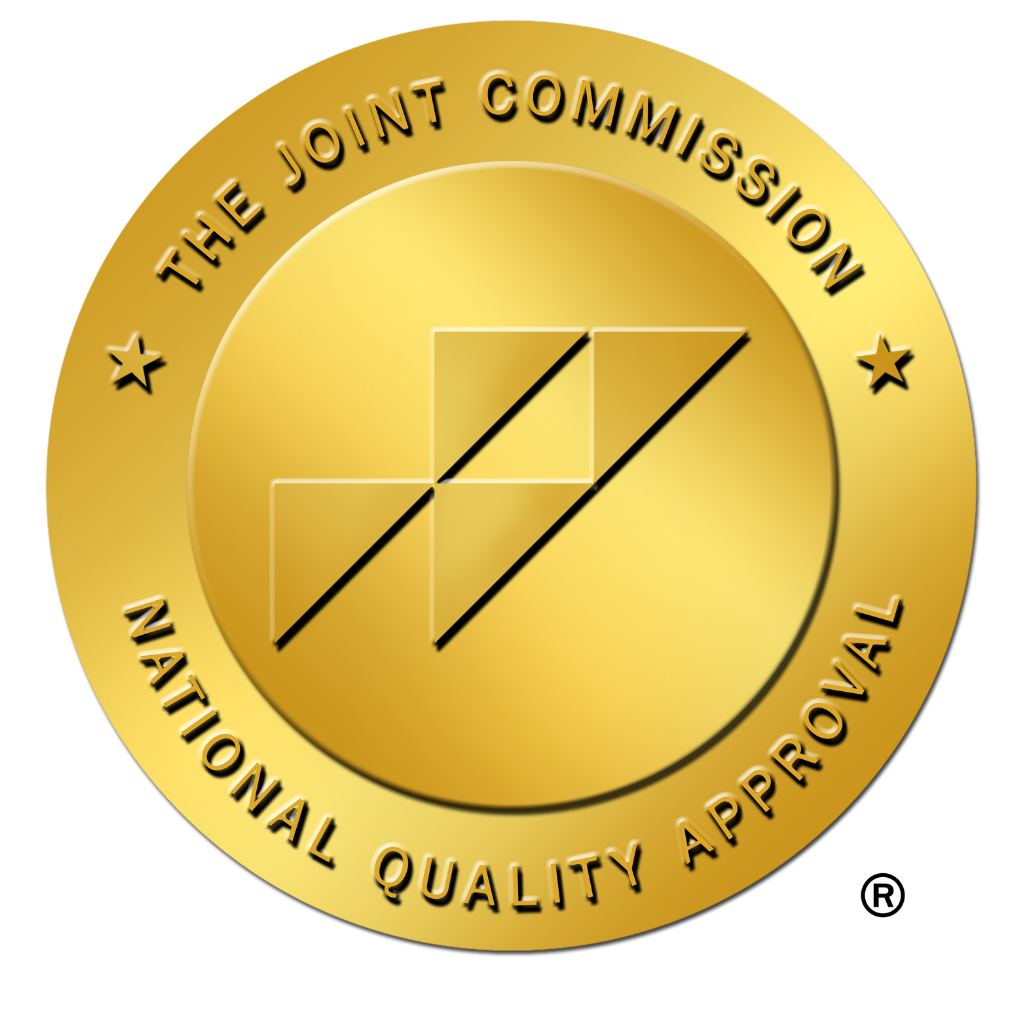Mental Health Treatment in Media | Delaware County PA

You Are Worth Saving
Mental Health Treatment in Media, PA
On this page we will discuss mental health treatment in Media, PA Delaware County. Media, Pennsylvania is a charming borough located in Delaware County, nestled in the heart of the Brandywine Valley. The borough spans just over a square mile and is situated along the banks of the Ridley Creek, which winds its way through the heart of the town. The terrain in Media is characterized by rolling hills and scenic woodlands, providing a picturesque backdrop for its residents.
The area is home to several major companies, including the Boeing Helicopter facility, the headquarters of the Wawa convenience store chain, and the Franklin Mint Federal Credit Union. These businesses, along with the thriving local economy, have helped make Media a prosperous community with a high quality of life.
There is no shortage of things to do in Media. The town is home to a bustling downtown area, with charming boutiques, cafes, and restaurants lining its streets. The historic Media Theatre, which dates back to 1927, showcases a wide range of films and live performances. The borough is also home to several beautiful parks, including the 65-acre Ridley Creek State Park, which offers hiking trails, fishing, and picnicking opportunities.
Despite its many charms, Media, like many other communities, struggles with mental health issues. Many residents face challenges such as anxiety, depression, and addiction, which can be exacerbated by the stress and pressures of modern life. However, the community has come together to address these issues, and there are several resources available to those in need.
Mental Health Statistics in Media
According to data from the National Survey on Drug Use and Health, approximately 4.4% of adults in Delaware County experienced a serious mental illness in the past year. (Source: Substance Abuse and Mental Health Services Administration)
In 2020, the Delaware County Medical Examiner’s Office reported 168 deaths by suicide in the county. This represents an increase of nearly 30% from the previous year. (Source: Delaware County Medical Examiner’s Office)
In a 2019 survey conducted by the Delaware County Department of Human Services, 44% of respondents reported experiencing symptoms of depression, while 30% reported experiencing symptoms of anxiety. (Source: Delaware County Department of Human Services)
Delaware County has one of the highest overdose rates in the state of Pennsylvania, with 232 overdose deaths in 2020. Many of these deaths are linked to mental health and addiction concerns. (Source: Pennsylvania Department of Drug and Alcohol Programs)
These statistics highlight the urgent need for increased resources and support for those struggling with mental health concerns in Delaware County. It’s important for individuals to seek help and for the community to work together to address the root causes of these issues and provide effective treatment and support for those in need.
Mental Health Levels of Care in Media
In Media, Pennsylvania, there are various levels of care offered for mental health treatment. These levels of care range from outpatient therapy and medication management to inpatient hospitalization and residential treatment.
- Outpatient Therapy: Outpatient therapy is the least intensive form of mental health treatment and typically involves regular meetings with a therapist or counselor. This level of care is appropriate for individuals who are experiencing mild to moderate symptoms of mental illness or who have completed a more intensive level of care and require ongoing support. Examples of outpatient therapy providers in Media include:
- Delaware County Professional Services: This facility offers individual, group, and family therapy, as well as psychiatric medication management.
- Gaudenzia: This provider offers outpatient services for individuals struggling with addiction and co-occurring mental health disorders.
- Child Guidance Resource Centers: This facility provides outpatient therapy for children and adolescents with mental health concerns.
- Intensive Outpatient Programs (IOP): IOP is a more intensive level of care than traditional outpatient therapy and is appropriate for individuals who require more structured and frequent treatment. IOP typically involves group therapy and education sessions several times per week. Examples of IOP providers in Media include:
- Crozer-Keystone Behavioral Health Center: This facility offers an IOP for individuals with mental health concerns, as well as a specialized program for those with co-occurring disorders.
- Delaware Valley Medical Center: This provider offers an IOP for individuals with depression, anxiety, and other mental health concerns.
- Partial Hospitalization Programs (PHP): PHP is a higher level of care than IOP and typically involves a structured program of daily therapy and support for several hours per day. PHP is appropriate for individuals who require more intensive support than outpatient therapy but do not require 24-hour inpatient care. Examples of PHP providers in Media include:
- Fairmount Behavioral Health System: This hospital offers a PHP for individuals with mental health and addiction concerns, as well as specialized programs for individuals with co-occurring disorders.
- Pennsylvania Behavioral Health Center: This provider offers a PHP for individuals with addiction and mental health concerns.
- Inpatient Hospitalization: Inpatient hospitalization is the most intensive level of care and is appropriate for individuals who require 24-hour medical and psychiatric support. This level of care is typically reserved for individuals who are experiencing severe symptoms of mental illness and require immediate intervention. Examples of inpatient providers in Media include:
- Friends Hospital: This hospital offers inpatient treatment for individuals with mental health concerns, as well as specialized programs for individuals with co-occurring disorders.
- Fairmount Behavioral Health System: This provider offers inpatient care for individuals with mental health and addiction concerns.
In summary, there are a variety of levels of care offered for mental health treatment in Media, Pennsylvania, ranging from outpatient therapy to inpatient hospitalization. It’s important for individuals to work with a mental health professional to determine which level of care is appropriate for their needs and goals.
Mental Health Disorders & Therapeutic Modalities That Work In Media
In Media, Pennsylvania, like in many other communities, there are several common mental health disorders that residents may struggle with. These disorders include:
Depression: Depression is a mood disorder characterized by feelings of sadness, hopelessness, and loss of interest in activities. Treatment for depression typically involves a combination of therapy and medication. Cognitive-behavioral therapy (CBT) is a common therapeutic modality that has been shown to be effective for treating depression. Antidepressant medications, such as selective serotonin reuptake inhibitors (SSRIs), can also be helpful in managing symptoms.
Anxiety Disorders: Anxiety disorders are a group of disorders characterized by excessive worry, fear, and apprehension. Common anxiety disorders include generalized anxiety disorder (GAD), panic disorder, and social anxiety disorder. Treatment for anxiety disorders often involves a combination of therapy and medication. Cognitive-behavioral therapy (CBT) is a common therapeutic modality that can be effective for treating anxiety disorders. Antianxiety medications, such as benzodiazepines, can also be helpful in managing symptoms.
Substance Use Disorders: Substance use disorders occur when an individual develops a problematic pattern of substance use that interferes with daily life. Treatment for substance use disorders typically involves a combination of therapy, medication, and support groups. Cognitive-behavioral therapy (CBT) and motivational interviewing (MI) are common therapeutic modalities that can be effective for treating substance use disorders. Medications, such as buprenorphine and methadone, can also be helpful in managing withdrawal symptoms and reducing cravings.
Eating Disorders: Eating disorders are a group of disorders characterized by abnormal eating habits and patterns. Common eating disorders include anorexia nervosa, bulimia nervosa, and binge-eating disorder. Treatment for eating disorders typically involves a combination of therapy and medication. Cognitive-behavioral therapy (CBT) and family-based therapy (FBT) are common therapeutic modalities that can be effective for treating eating disorders. Antidepressant medications, such as SSRIs, can also be helpful in managing symptoms.
Post-Traumatic Stress Disorder (PTSD): PTSD is a mental health disorder that can develop after experiencing or witnessing a traumatic event. Symptoms of PTSD can include flashbacks, nightmares, and avoidance of triggers related to the traumatic event. Treatment for PTSD often involves a combination of therapy and medication. Cognitive-behavioral therapy (CBT) and eye movement desensitization and reprocessing (EMDR) are common therapeutic modalities that can be effective for treating PTSD. Antidepressant medications, such as SSRIs, can also be helpful in managing symptoms.
In summary, there are several common mental health disorders that people in Media, Pennsylvania may struggle with, including depression, anxiety disorders, substance use disorders, eating disorders, and PTSD. Treatment for these disorders typically involves a combination of therapy and medication, with various therapeutic modalities and medications being effective for different individuals and disorders. If you or someone you know is struggling with mental health concerns, it’s important to seek professional help to determine the best course of treatment.
Mental Health Hotlines/Emotional Support in Media
There are several mental health and emotional support hotlines available in Media PA and Delaware County. Here are a few:
National Suicide Prevention Lifeline: 1-800-273-TALK (8255) This hotline provides free, confidential support 24/7 for anyone in distress, including those feeling suicidal.
Crisis Text Line: Text HOME to 741741 This hotline provides free, confidential support 24/7 via text message for anyone in crisis.
Montgomery County Mobile Crisis Support: 1-855-634-HOPE (4673) This hotline provides free, confidential crisis intervention and support for individuals experiencing a mental health crisis.
Delaware County Crisis Connections Team: 855-889-7827 This hotline provides free, confidential support 24/7 for individuals experiencing a mental health crisis.
National Alliance on Mental Illness (NAMI) Helpline: 1-800-950-NAMI (6264) This hotline provides free, confidential support, information, and referrals for individuals and families affected by mental illness.
- Pennsylvania Behavioral Health Center – Partial Hospitalization (PHP) & Intensive Outpatient (IOP) with Psychiatry offered here. 610-563-2752
It’s important to note that if you or someone you know is experiencing a life-threatening emergency, call 911 or go to the nearest emergency room.


